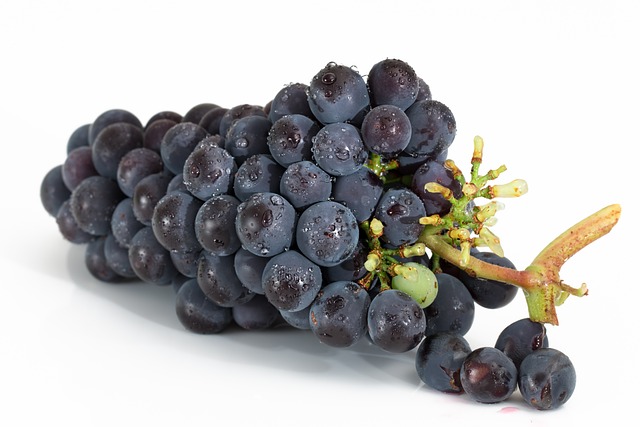Plant-Based Probiotics: The Natural Solution for a Happy Belly
Everyone wants a healthy digestive system and a happy belly. However, with our modern lifestyle and processed food habits, achieving this can be challenging. This is where probiotics come in, helping to balance the gut flora and promote good digestive health. Recently, plant-based probiotics have been gaining popularity as a natural, effective solution to keep our digestive system in top shape. Let’s dive in and explore what plant-based probiotics are and how they can benefit us.
What are Plant-Based Probiotics?
As the name suggests, plant-based probiotics are probiotics that are derived from plant sources. They are made from fermented plant foods and contain live microorganisms that offer health benefits when consumed in adequate amounts. The most common sources of plant-based probiotics are:
- Sauerkraut
- Kombucha
- Kimchi
- Miso
- Tempeh
- Natto
These foods are fermented using specific bacterial strains that enhance the breakdown of the plant fibers, leading to the production of beneficial metabolites and organic acids, including lactic acid and short-chain fatty acids. These compounds help to maintain a healthy gut environment by promoting the growth of good gut bacteria and reducing the harmful ones.
The Benefits of Plant-Based Probiotics
Plant-based probiotics offer several benefits, including:
Improved Digestive Health
Plant-based probiotics improve digestive health by promoting the growth of good bacteria in the gut. These bacteria help to break down food and absorb nutrients more efficiently, reducing the risk of digestive disorders such as bloating, constipation, and diarrhea.
Boosted Immune System
A healthy gut is essential for a strong immune system. Plant-based probiotics help to balance the gut flora and create a healthy environment that supports the growth of beneficial bacteria. These bacteria play a significant role in the immune response, protecting the body from harmful pathogens and infections.
Reduced Inflammation
Plant-based probiotics are also known for their anti-inflammatory properties. They can help to reduce inflammation in the gut and other parts of the body, which has been linked to many chronic diseases such as cancer, heart disease, and diabetes.
How to Incorporate Plant-Based Probiotics into Your Diet
Incorporating plant-based probiotics into your diet is easy and delicious. Here are some ideas:
Sauerkraut
Sauerkraut is a fermented cabbage dish that originates from Germany. It is easy to make at home and goes well with sandwiches, salads, and sausages. You can also add some caraway seeds or juniper berries for flavor.
Kombucha
Kombucha is a fermented tea that is rich in probiotics. It is a popular drink in the health and wellness community and can be found in most grocery stores. You can also make it at home using black or green tea, sugar, and a SCOBY (Symbiotic Colony Of Bacteria and Yeast).
Kimchi
Kimchi is a Korean side dish made from fermented vegetables such as cabbage, radish, and cucumber. It is full of probiotics and adds a tangy, spicy flavor to any meal. Kimchi can be found in most grocery stores or made at home using a simple recipe.
Miso
Miso is a fermented soybean paste that is commonly used in Japanese cuisine. It adds a rich, savory flavor to soups, sauces, and marinades. Miso is also rich in probiotics and can be found in most health food stores.
Tempeh
Tempeh is a fermented soybean patty that is a popular meat substitute for vegans and vegetarians. It has a nutty, earthy flavor and can be used in stir-fries, sandwiches, and salads. Tempeh is also a good source of probiotics.
Natto
Natto is a Japanese dish made from fermented soybeans. It has a slimy texture and an acquired taste. Natto is high in probiotics and can be







